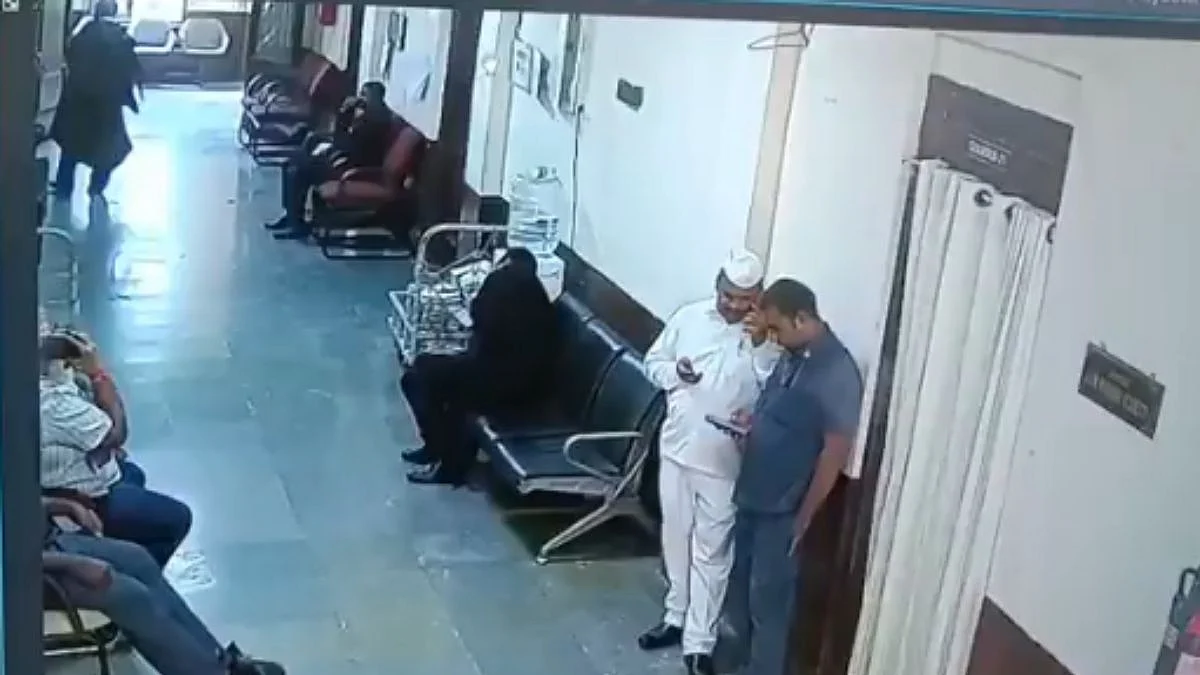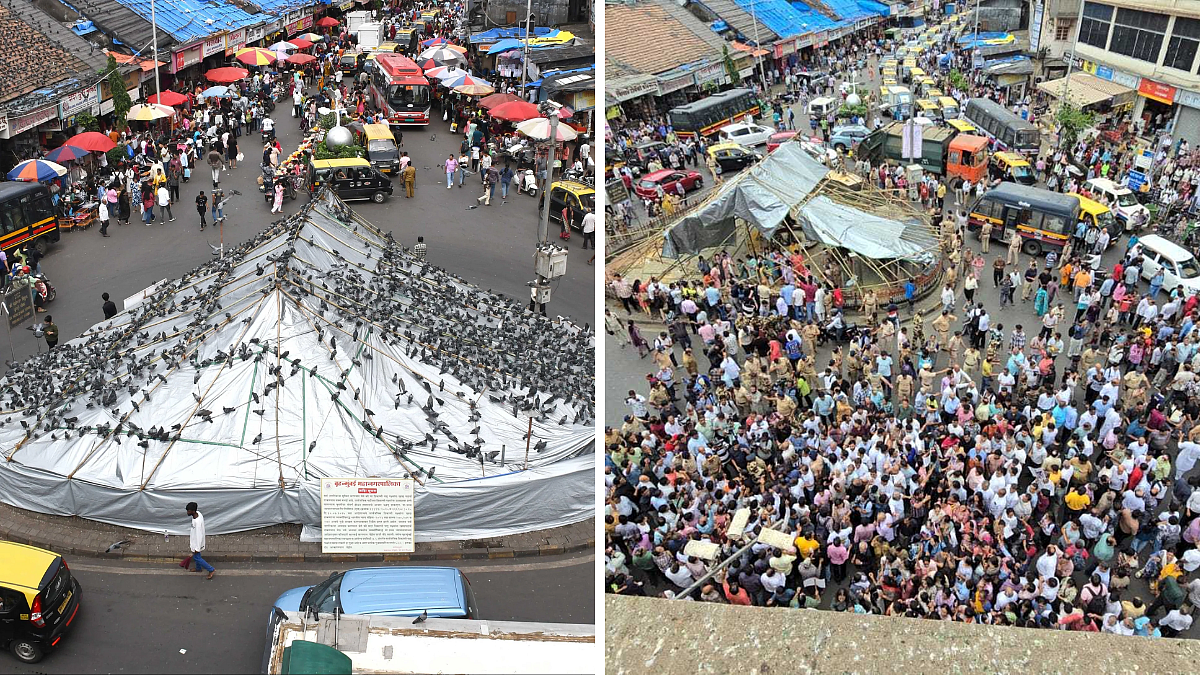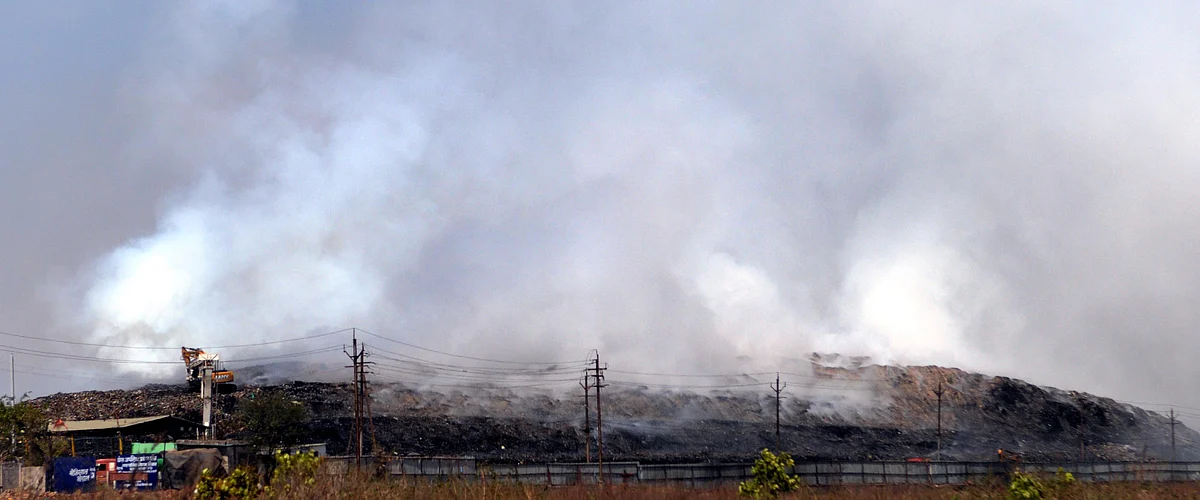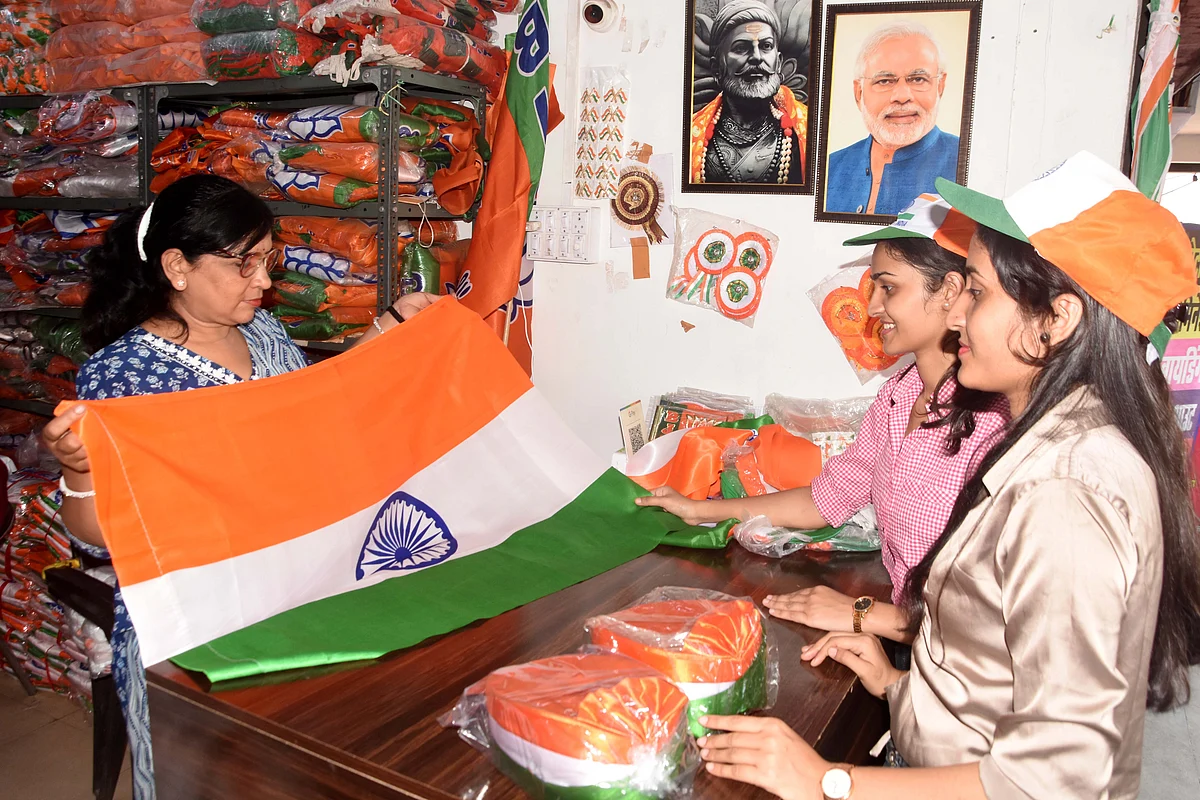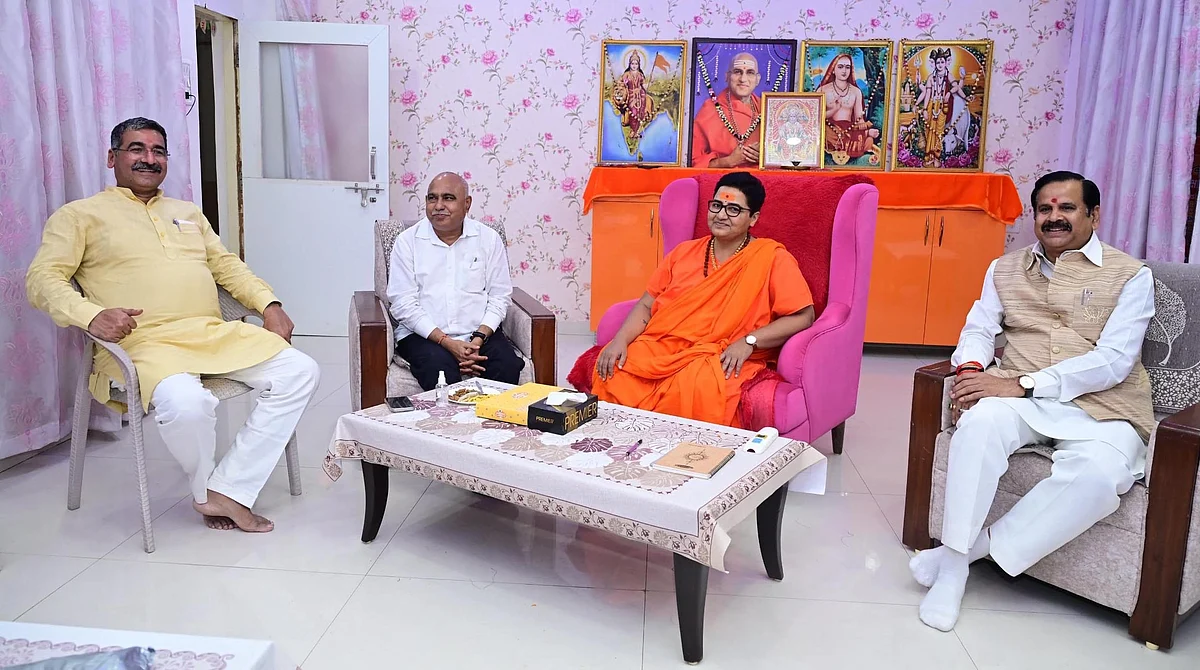Bhopal (Madhya Pradesh): The Supreme Court on Wednesday refused to intervene in the ongoing incineration of toxic chemical waste from the Bhopal Gas Tragedy site at the Pithampur in Madhya Pradesh.
A bench comprising Justices Sanjay Karol and Satish Chandra Sharma refused to grant an urgent stay on the Madhya Pradesh High Court’s directives, despite concerns raised by one of the intervenors that the 72-day disposal timeline may lapse before the Court resumes regular hearings post-vacation.
‘High Court is keeping a close watch’
The intervenor’s counsel had sought immediate relief, but the bench was unconvinced. Justice Sharma, who hails from Madhya Pradesh stated, “You made an attempt before the High Court and were rejected. You came here, and still no interim relief was granted. Now, during vacation, you want us to stop this?”
Justice Sharma strongly objected to repeated attempts to delay the waste disposal. He said, "How many years will we keep fighting over this waste? It’s from my state. No, this is rejected. List the case after the vacation. Sorry. These NGOs and so-called social activists keep making attempts, but the High Court is already keeping a close watch on the process. I know this for sure."
'Process under expert supervision'
When the court was told that the waste might be incinerated in the meantime, Justice Sharma replied firmly, “Yes, and it’s being done under expert supervision.”
He dismissed concerns about urgency, saying the waste disposal is happening responsibly and under the watch of proper authorities.
Back in February, the Supreme Court had already refused to stop the Madhya Pradesh High Court’s order allowing incineration of the waste. But it had allowed anyone with concerns to go back to the High Court.
Following this, the High Court ordered a trial run to burn 10 metric tonnes of waste at the Pithampur facility on February 27. Later, the Madhya Pradesh government told the High Court it could finish disposing of the remaining waste in 72 days, burning 270 kilograms per hour.
The government also filed a report confirming that earlier trial runs - involving 30 metric tonnes of toxic waste left behind by the now-closed Union Carbide factory - were successful. The entire process is being supervised by the Central and State Pollution Control Boards.


